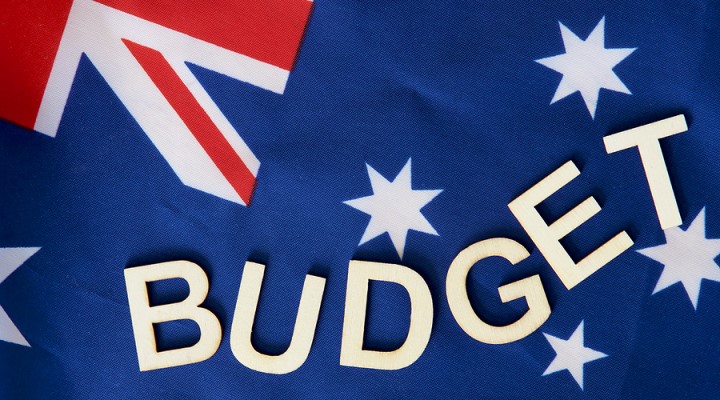Uncertainty and economic distress have defined the business experience for many in recent years, with increasing numbers of distressed businesses having been voluntary or forcibly wound-up.
With about 83 per cent of 2022-23 reports lodged by insolvency practitioners relating to small businesses*, the sector stakes are incredibly high.
It was disappointing then for the recent Federal Budget to miss the opportunity for any tangible changes or reforms to the Australian taxation system.
Prior to the Budget, an RSM survey of mid-market businesses across Australia found 67 per cent had found the ‘cost of business’ either challenging or extremely difficult.
As such, it was hoped the Budget would address the long-term sustainability of Australia’s small business sector by addressing well over due tax reforms in areas such as employment taxes, intergenerational business transfers and GST.
The Government has recognised SMEs as vital to Australia’s prosperity, contributing more than $500 billion annually and employing over 5.2 million people. However, tangible changes for SMEs are limited in this year’s Budget, with the bulk of spending focused on bolstering Government support and administration systems.
Direct benefits for SMEs really centre around a $325 electricity bill deduction and an extension to the Instant Asset Write Off (IAWO) provisions.
With RSM Pre-Budget business survey respondents suggesting energy had been the single biggest cost eating into business revenue this year, many will likely welcome the Budget-headlining measure of electricity bill refunds, with eligible SMEs receiving $325 in the 2024-25 financial year to be paid in quarterly instalments as a rebate against eligible electricity bills.
While the Instant Asset Write Off (IAWO) also featured, the rules allow for the immediate deduction for the cost of depreciating assets for SMEs. Usually the rules allow SMEs with turnover up to $10m to immediately write off assets costing up to $1000.
In a measure currently stalled in Parliament, for the year ending 30 June 2024, it is proposed that SMEs with turnover up to $50m will be eligible to write off assets costing up to $30,000.
This year’s Budget ignores the changes currently before the Senate and proposes that eligible SMEs with turnover up to $10m will be able to write off assets up to $20,000 for the 2024-25 financial year.
Key points are as follows:
- Temporary increase to the IAWO threshold to $20,000.
- Applies to SMEs with aggregated annual turnover of less than $10 million.
- Eligible assets must be first used, or installed ready for use, between 1 July 2024 and 30 June 2025.
- Applies on a per asset basis.
- Assets valued at $20,000 or more (which cannot be immediately deducted) may continue to be placed into the small business simplified depreciation pool and depreciated subject to the small business capital allowance rules.
- Provisions which prevent SMEs that have opted out of simplified depreciation measures from using the IAWO continue to be suspended to 30 June 2025.
While these measures should provide short-term relief to small businesses, unfortunately they are unlikely to address widespread economic strain, rising input costs, supply chain disruptions, labour shortages, weakening consumer demand and long-term issues like the ageing profile of business owners.
* Small businesses as defined by the Australian Bureau of Statistics are those that have fewer than 20 employees.












